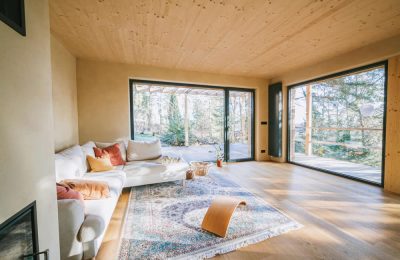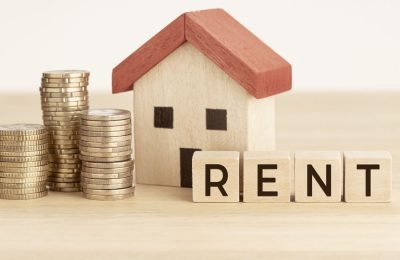With the conclusion of the 2024 Paris Paralympics games and the visibility given to the determination, endeavor and success of so many disabled participants, it is timely to reflect on how our housing system supports and enables people with disabilities to fulfil their potential.
Such reflection also comes at a time when Scotland’s Census Report has shown that Scotland’s private rented sector (PRS) grew by nearly 10% in the 10 years since the previous survey in 2011. With that increase in scale, must come an increase in the numbers of private rented tenants who would define themselves as disabled.
Disability Rights UK reports that 18.8% of disabled people live in the private rented sector (other statistics show this would equate to around 180,000 disabled people in Scotland), but only 6% of Disabled Facilities Grants are directed to the PRS, which would suggest that private renters with disabilities are not getting the help they need to live comfortably in their homes.
This may be rooted in the reputation that the PRS has for being a transient or ‘passing through’ tenure, but statistics no longer bear this out, with surveys showing private renters’ average tenure to be approximately four years. Living for four years in housing that does not accommodate your disability can be limiting, isolating and increase the chance of further mental ill health developing as a result of this.
Are landlords aware of the grant, support, funding and advice that is available?
It may well be that the support available is just not visible enough, are landlords aware of the grant, support, funding and advice that is available through organisations such as Care and Repair Scotland?
What else can the PRS do to play its role in ensuring that people with disabilities have suitable accommodation? The answer to this is different depending on the type of landlord you are. For those working in build-to-rent it is about looking at the universal accessibility of the houses you are producing, can they flex and adapt to a whole host of needs? Are we building in features that would have once been thought of as adaptations as standard?
For the larger majority that are renting out existing housing stock on an individual basis, the easy answer would be to say there is little that can be done, but some small changes could make a big difference. How do you approach permission for adaptations? If you are carrying out renovations to a property, are you considering universal accessibility when doing this so the property may be more suitable for a person with disabilities? Are you aware of the care and repair schemes that your disabled tenant may be eligible for, should they need help with minor issues around the house? How do you ensure that your processes do not result in discrimination, either directly or indirectly?
For letting agents; awareness, education and training are key to ensure that your organisation is in line with its legal obligation under the Equality Act 2010, is not discriminating or causing disadvantage to disabled people as a group with a protected characteristic.
But this should be the baseline with further good practice evolving beyond it. This should involve equality being woven throughout the mandated qualification and regular refresher training, however such training provision for the PRS seems difficult to find. Adopting what has been described as an equality impact mindset by considering the impact of daily decisions and actions through an equality lens is a good way to embed equalities throughout your business. Borrowing from the enhanced public sector equality duty to look at your policies and practices through an equality lens may lead to areas where you find improvements can be made.
Meeting housing demand with suitable, affordable housing is a challenge for the whole Scottish housing sector, the private rented sector will be a valuable partner in meeting this challenge.
This article was written by Julie-Ann Cloherty, Learning and Development Officer at Share.











